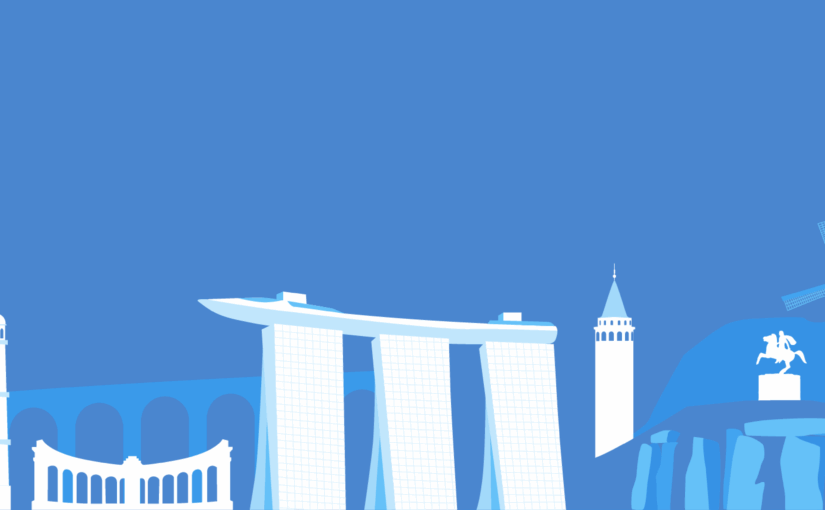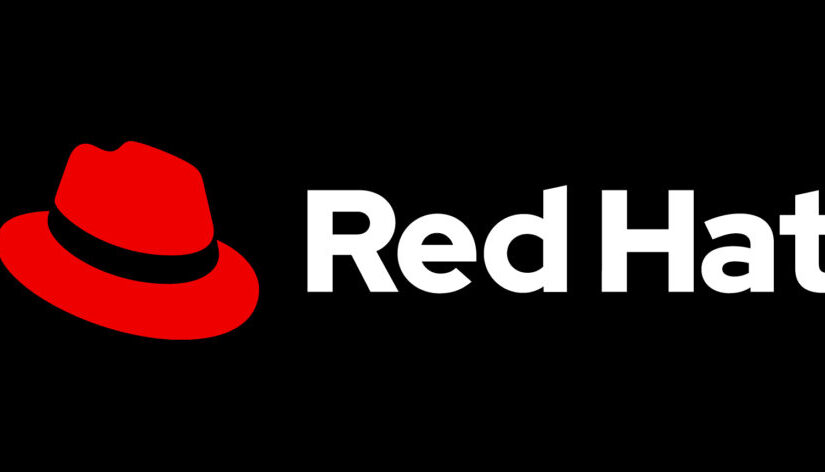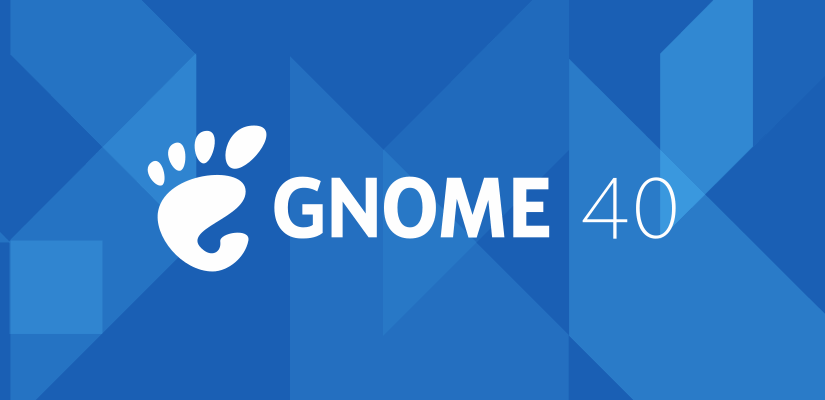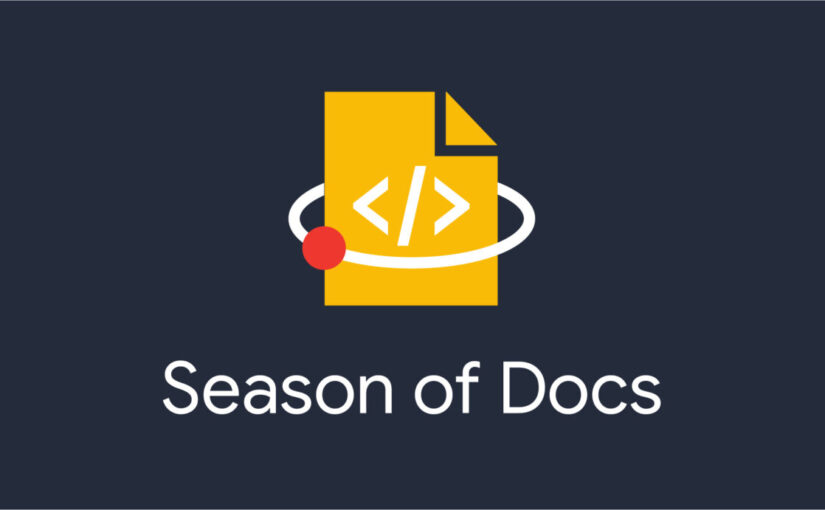Our largest community conference, GUADEC, starts in just a few days and we couldn’t be more excited. This year’s conference will be held virtually and runs from Jul 21-25. Registration is open and by donation so let us know you’re coming by signing up online.
Schedule
This year’s schedule is packed full of great talks, BoFs, Workshops, and social events so make sure to check out our full schedule for all the details. All times are in UTC, however, you can change the timezone by clicking the clock icon at the top right of the timetable page.
The conference is organized into two tracks. On the schedule Track 1 activities and talks are shown in the left column, and Track 2 activities and talks are shown in the right. Both tracks require a pin code to enter, this can be found in the attendee update email sent to everyone already registered, or in the registration confirmation email for new registrations.
Track links and instructions for connecting to Big Blue Button can be found on guadec.org.
This year’s conference has two fantastic Keynote Speakers, Shauna Gordon-Mckeon and Hong Phuc Dang. Learn more about both on guadec.org.
Recordings and Captioning
All talks will be recorded under the license CC-BY-SA and added to the GNOME YouTube channel after the conference is over. We will also be providing live captioning for both tracks. For links and more details on live captioning visit guadec.org.
Conference Chat and Hallway Tracks
Each track will have its own chat within Big Blue Button, we welcome attendees to chat there as well as in our hallway track which will be open for the entire conference. Track links and more information can be found here.
Social Events
Don’t forget about the social events! We’ve scheduled activities for each conference day, from wine tasting to tea parties, there’s something for everyone, find the details for each here.
We’re kicking off the conference with a Welcome Party!
Grab your favorite drink and meet your fellow GNOMEies at our pre-conference party on Tuesday at 19:00 UTC in TRACK 1 for an informal chat and socialize hour.
Thank You to Our Sponsors
Special thanks goes to our awesome sponsors, Red Hat, Canonical, openSUSE, Arm, AWS, Codethink, Dell, Fedora, Igalia, Centricular, and GitLab!
See You Soon
Don’t forget to grab your GUADEC 2021 shirt from the GNOME Shop and make sure to share your GUADEC experience with us on social media by using our hashtag, #GUADEC2021. Follow GUADEC updates on Twitter from @GUADEC and @GNOME, or on Mastodon from @gnome@floss.social



